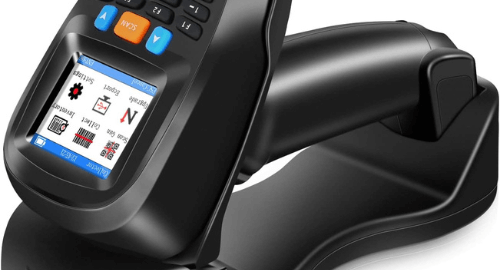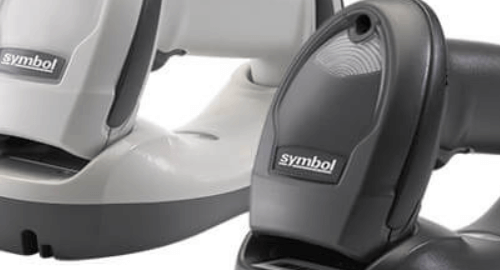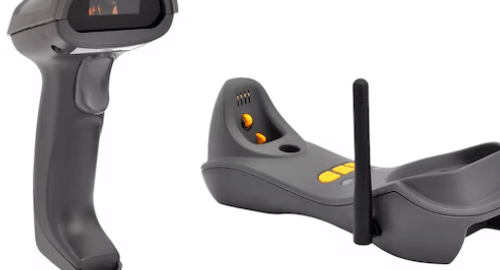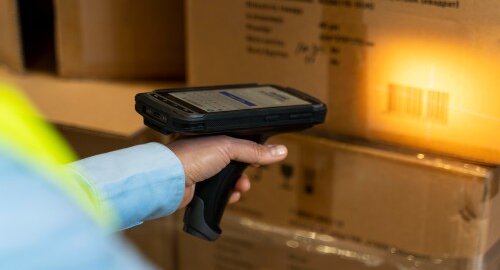
In the retail and warehousing environments, choosing the right tools can significantly impact efficiency and accuracy. One of the most critical decisions businesses face is whether to use a wired or wireless barcode scanner. Both types have unique advantages and are suited to different use cases, making it essential to understand their differences before investing.
Understanding Barcode Scanners
Barcode scanners are devices that capture and interpret barcode data printed on products or inventory items. They help automate data entry, reduce errors, and improve tracking across a variety of industries—from retail and logistics to healthcare and manufacturing.
Broadly, barcode scanners fall into two categories:
- Wired Barcode Scanners: Connected via USB or other ports to a computer or POS system.
- Wireless Barcode Scanners: Communicate via Bluetooth, Wi-Fi, or proprietary wireless technology, offering mobility and flexibility.
Benefits of a Wired Barcode Scanner
Wired barcode scanners have been a staple in many businesses due to their simplicity and reliability. Here are some key advantages:
- Consistent Power Supply: Powered through the cable connection, eliminating the need for battery management.
- Stable Data Transmission: No risk of wireless interference or dropped connections.
- Cost-Effective: Generally less expensive upfront compared to wireless alternatives.
- Plug-and-Play Setup: Easy to install and integrate with most POS or inventory systems.
Best For:
- Checkout counters in retail
- Small-scale inventory management
- Fixed-location scanning
Why Go Wireless?
The demand for wireless barcode scanners is growing, thanks to the flexibility and freedom they offer. With no cables to tether the user, these devices can significantly enhance workflow efficiency in dynamic or large workspaces.
Mobility and Flexibility: Perfect for scanning items across wide areas like warehouses, stockrooms, or large retail floors.
Improved Productivity: Employees can move freely and perform tasks more efficiently without cable limitations.
Modern Features: Many wireless scanners come equipped with advanced functionalities like batch scanning, long-range reading, and integration with mobile devices or tablets.
Clean and Organized Workspaces: Eliminates cable clutter and reduces tripping hazards in busy environments.
Best For:
- Warehouses and distribution centers
- Mobile inventory audits
- Healthcare and field service environments
Considerations Before Making a Choice
When deciding between a wired and wireless barcode scanner, consider the following factors:
- Work Environment: A wireless barcode scanner is ideal for large or multi-location areas, while wired models are sufficient for small, static stations.
- Budget: If upfront costs are a concern, wired scanners are generally more affordable.
- Usage Frequency: High-volume, mobile scanning benefits from the freedom of wireless solutions.
- Power Management: Wired scanners require no charging, whereas wireless devices need regular battery management.
- Connectivity Needs: Ensure that your system supports the required connectivity—Bluetooth, Wi-Fi, or USB.
To explore more about barcode systems and their applications in retail, check out this comprehensive guide on top barcodes in retail for businesses in Kuwait.
Final Thoughts
Choosing between a wired and wireless barcode scanner ultimately comes down to your operational needs. Wired scanners provide reliable performance for static setups, while wireless options offer unmatched flexibility and efficiency for dynamic workflows.
Evaluate your workspace, scanning volume, and budget carefully. Investing in the right barcode scanner can streamline your operations, improve accuracy, and enhance overall productivity.












